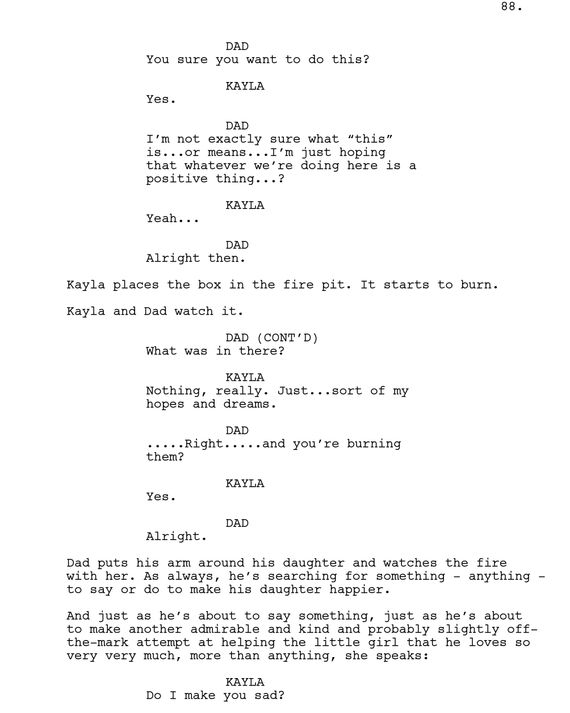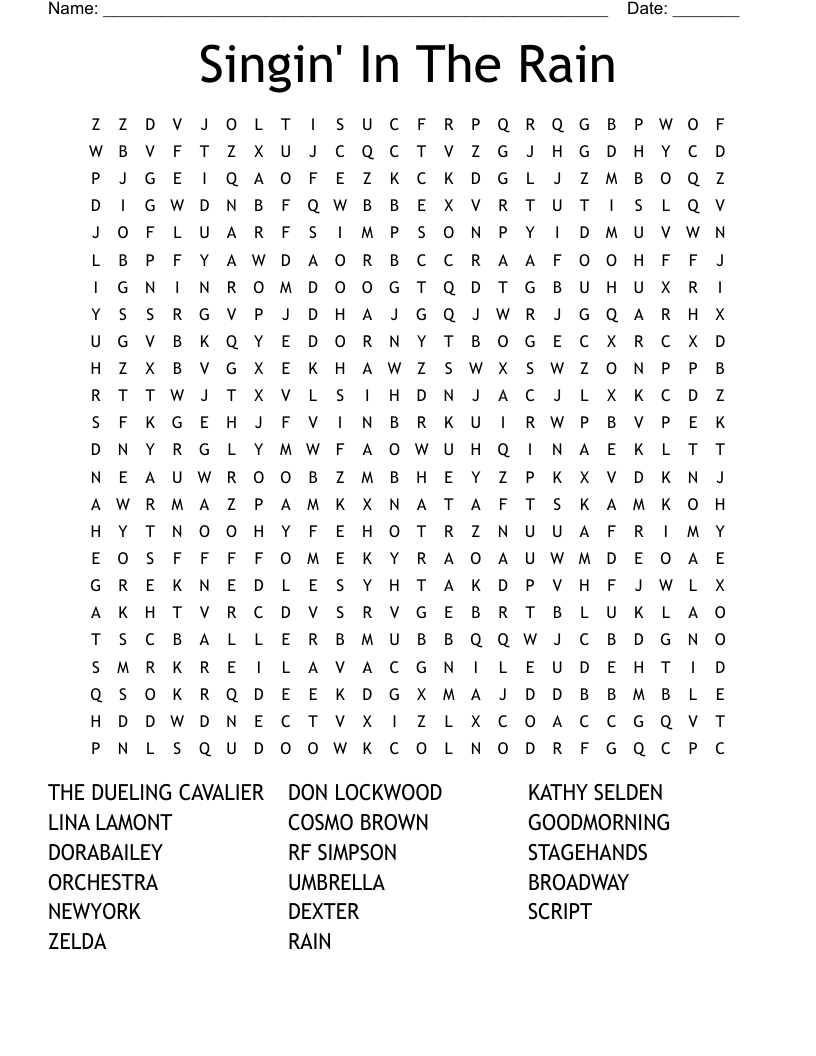

Female Monologues for Teens 13 Reasons Why (TV) If they do come from a play or book, always read it. This means you can create the circumstances surrounding the monologue. Note: a lot of the monologues are stand alone and don’t come from plays. Did you get excited about the idea of performing a certain monologue? Pick that one! If you’re teaching a group of students try to give the teens a few options maybe 3 or 4, don’t overwhelm them with choice.

Read through a whole range of monologues before deciding and see which one resonates with you. These are some seriously great monologues for teens. So here is a list of male and female monologues exclusively for teenagers. A lot of monologues often fit into either the children’s monologues category or else are aimed at adults and contain a lot of complex language, or are just generally not be suitable. John and the Hole is in select theaters and on VOD now.It is often difficult to find monologues that are suitable for teenagers. The fact that sense of being confounded didn’t completely sour people to the idea of finding out what the hell happens to the guy was something I’m very grateful for. Hall: I’m gratified, thankful, and relieved? No doubt the way it concluded, if you can even use that word, at the end of the season proper was a way that was, at best, confounding to people. How do you feel about those reactions and the warmth of the people? The excitement and anticipation for this new season have been overwhelmingly positive. Thompson: As we’re talking about Dexter, I might as well end on that. I think all the characters in this, John probably most notably, are keeping their thoughts to themselves and are all telling themselves very different stories. It’s nice to play characters who can keep their thoughts to themselves. Doing Dexter, it’s nice to do anything where you aren’t obliged to honor what the audience knows to be your inner monologue.

I didn’t realize that I was spending a quick week on an independent film shoot on stages that I would end up spending six months on several months later.
DEXTER SCRIPT MONOLOGUE MOVIE
One thing that’s a strange coincidence is that we shot the bulk of this movie in Lincoln, Massachusetts, and there’s really just one stage near there, New England Studios, and the whole was built on the same stage where I ended up shooting everything in Dexter’s cabin for this new season.

Hall: I’ve been doing all kinds of things that are, in their way, quite different. Obviously, at that point, you would have been starting to make the journey back to Dexter, which is written and performed in a very different way. Thompson: Was it a relief to you to do something like this that was very different from a lot of the other things you’ve done. Spending so much time in a designated set that could very well be built in a theatre gave it an inherently theatrical feel. It was very intimate, but I didn’t really think about that aspect. Hall: I didn’t think it felt theatrical in the way it was staged and how it was captured. Thompson: It felt very much like a stage play at times. Hall, Taissa Farmiga, and Jennifer Ehle in 'John and the Hole.' IFC Films It also got to the point where you didn’t feel comfortable until you were in the hole because it was the only place where how you looked and felt made sense which was helpful as, despite themselves, these characters were starting to feel one with that environment. If you ever got any of the mud in your mouth, it was sort of sweet, and it gave you a kind of a kick. We would show up at work and get covered in this dirt, a mixture of cake batter and coffee beans or something, which was quite nice. We shot it in sequence, so we were getting progressively dirty. Having this box made it easy to give ourselves over to what felt very real about it. The walls could be lifted out to accommodate cameras and for the director to come in and out. We spent most of our days when we were shooting in the hole in the hole. You’d think he’d say, ‘Save us.’ So there were little things, probably throughout the movie, that I don’t know about that were ad-libbed or added, but for the most part, it was scripted. There were moments where we were filming things where Pascual past would say give orders like, ‘Say something to the drone.’ I looked up and said, ‘Leave us alone.’ That wound up in the movie, which I thought was interesting because it was a line that maybe contradicts what you would imagine he would want from his son at that point. What was the reality of filming those scenes in that environment? How much of the dialogue was on the page versus what you workshopped together in the space? It was still a very contained and constrained space. Obviously, you weren’t literally in a hole in the ground, but it was created for you on a stage. Thompson: Talking about being lean and spare.


 0 kommentar(er)
0 kommentar(er)
